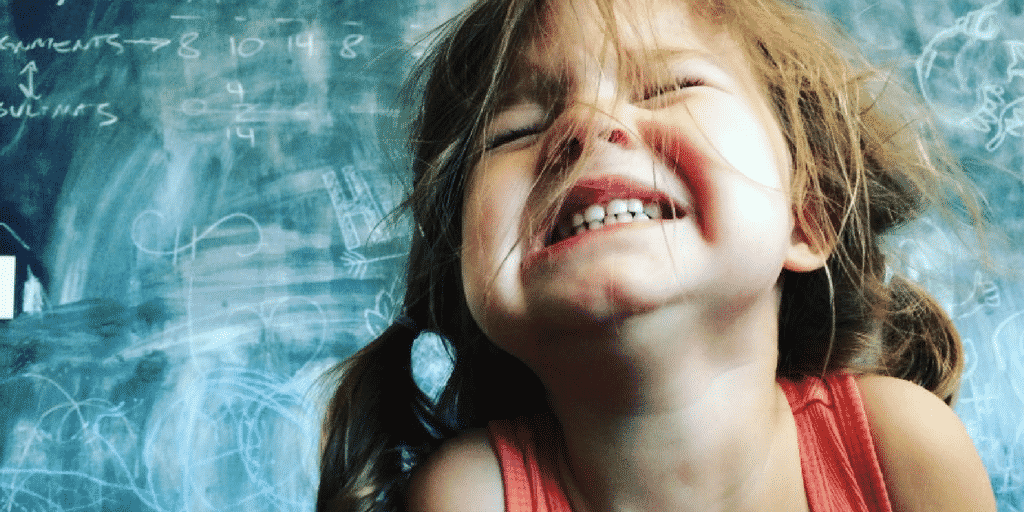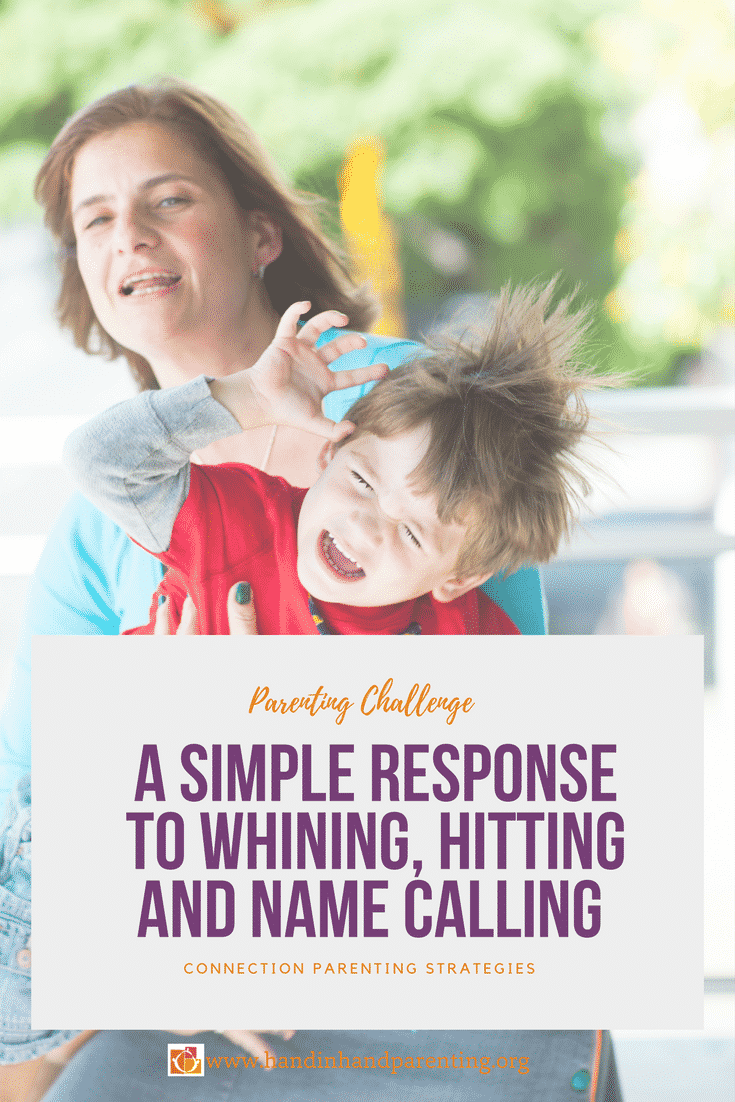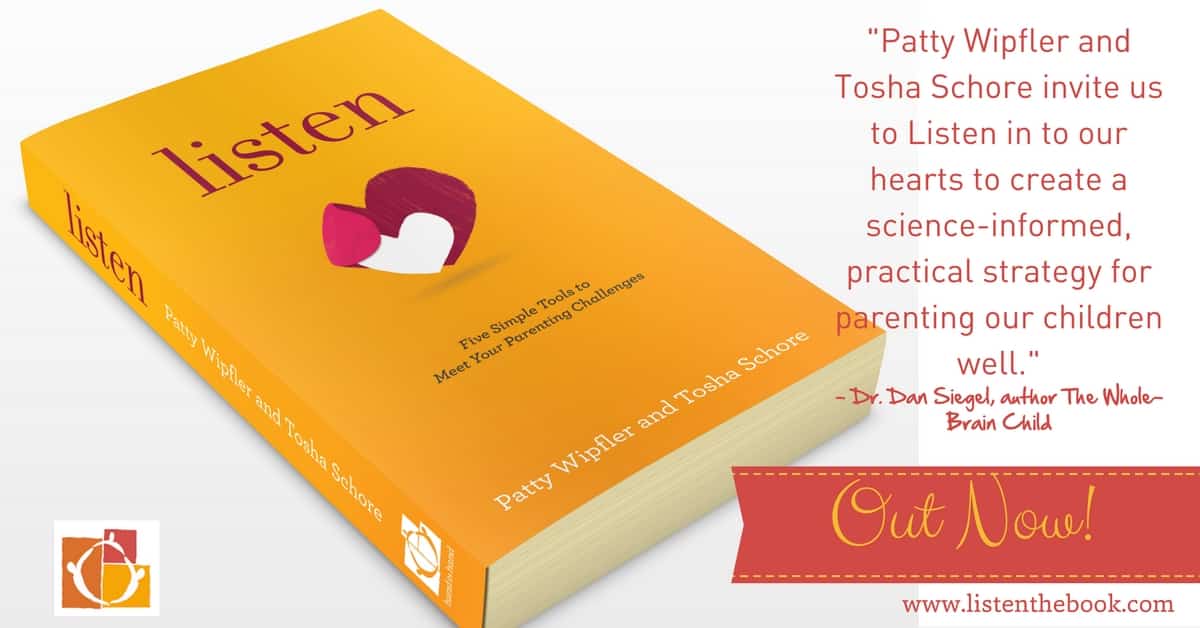 My three-year old daughter had been seeking quite a bit of connection from me for the last day or two. She had been employing all of the tactics we’ve developed over time to get me to snuggle her. Also, she had been whining and exaggerating each time she got a little bump or ran into something. One evening while I was cooking in the kitchen, she pushed my butt, because she knows that if she pushes my butt she gets a “snuggle hug.”
My three-year old daughter had been seeking quite a bit of connection from me for the last day or two. She had been employing all of the tactics we’ve developed over time to get me to snuggle her. Also, she had been whining and exaggerating each time she got a little bump or ran into something. One evening while I was cooking in the kitchen, she pushed my butt, because she knows that if she pushes my butt she gets a “snuggle hug.”
When Children Need Attention They'll Let You Know Again and Again
She pushed me again and again and it was getting hard to make dinner, because I could see that she was seeking connection.
Then, at breakfast the next day she called me, “pizza head!” A year ago or more she started experimenting with saying potty words, and I whispered to her that she could say whatever the offending word was, but under no circumstances was she allowed to say “pizza head,” an idea I got from Lawrence J. Cohen’s wonderful Playful Parenting book.
“Hey! Pizza Head!” What Drives Name Calling?
So she was yelling “pizza head” over and over. I saw she needed attention so I scooped her up to take her into the bedroom when her foot knocked the side of the table.
It was not hard at all, but a big cry followed.
I carried her into the bedroom and we sat on the bed so I could Staylisten while she cried. We did this for about five minutes and then she said she wanted to be alone. That is a clear signal for me that my daughter is off track and needing me.
So I told her that I wanted to follow her. She negotiated that I would stay at her door while she went on the bed. I slowly inched my way onto the bed with her and she was okay with it. She cried a little bit more and then she said, “Those people in Florida were mean.”
I asked her which people she was talking about.
 Three months ago we’d visited Florida and stayed in a condo for two weeks. The owners of the condo had provided just one garbage bag for our entire stay and when we asked them for more they refused. My husband and I were annoyed that we had to buy an entire box of garbage bags when we needed only three, and she heard us being annoyed.
Three months ago we’d visited Florida and stayed in a condo for two weeks. The owners of the condo had provided just one garbage bag for our entire stay and when we asked them for more they refused. My husband and I were annoyed that we had to buy an entire box of garbage bags when we needed only three, and she heard us being annoyed.
Either the incident was still alive for our daughter or perhaps she was done crying and wanted to change the subject.
In any case, that topic came out of nowhere.
Since this Staylistening session, my daughter has been very connected to me. Clearly, she had some bad feelings she wanted to offload.
I spend a lot of time focusing on the tools that we have as parents to stay connected with our kids.
It’s nice to know that my daughter also has tools that work quite well!
Why Listening To Upset Restore's a Child's Connection and Confidence
When we learn to read our children’s cues and follow their lead, we quickly realize how brilliant they are at caring for their emotional selves. This mom recognized her daughter’s off-track behavior. She saw calls for help in her daughter’s yelling, her big feelings after a little bump, and in her plea to be left alone. She Staylistened without probing for explanations or trying to appease her daughter. In the end, her child offered a peek into an underlying upset that may have been driving some of her troublesome behaviors. Most importantly, this opportunity let to a stronger parent-child connection, which always paves the way for positive change.
This post is an excerpt from the book Listen: Five Simple Tools To Meet Your Everyday Parenting Challenges by Patty Wipfler and Tosha Schore. Get your copy in paperback, as an ebook and now as an audiobook.
